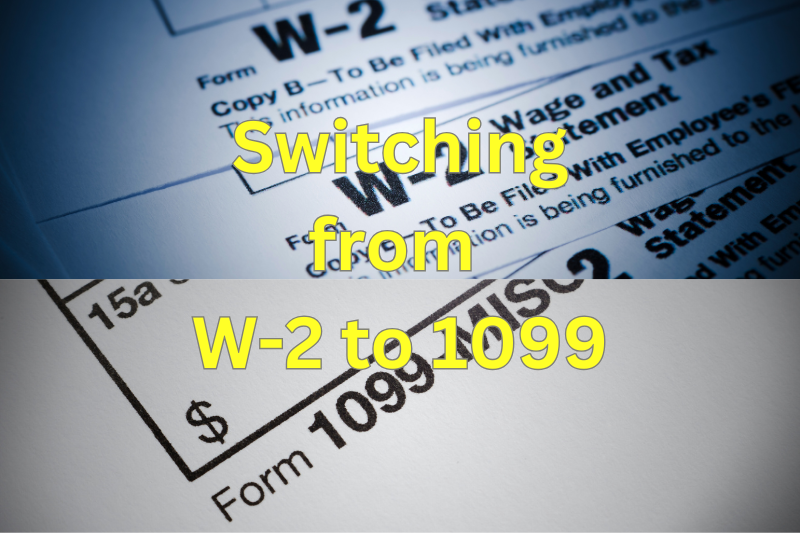So you’ve been out here grinding. LLC in the bio. Invoices flying. Taxes paid (hopefully).…
Understanding an Appraisal Contingency

When buying a new home, you have the chance to put in a number of contingencies to the purchase contract to protect you during the process.
A contingency is a condition that must be met in order for the contract to remain valid. If it is not met to the buyer’s satisfaction, they are able to back out of the sale without penalty. There are three main types, but you can put in a contingency for almost anything, as long as the seller agrees.
- The Appraisal Contingency: Most lenders require that the home is appraised by an independent third-party before they will approve a home loan. This ensures that they are not agreeing to loan more money than the actual home is worth. If you have an appraisal contingency in your contract, you are able to walk away from the deal and get your deposit back if you and the seller cannot agree to a new price after finding out that the appraisal is lower than the original price.
- The Financing Contingency: Chances are you are going to use a home loan, called a mortgage, to purchase your home. If you are unable to get approved for a mortgage for the full amount needed, this contingency allows you to back out of the sale and get your deposit back. Having a pre-approval or pre-qualification letter can help you know how much house you can buy, but until your application goes through underwriting and is officially approved, nothing is certain. This contingency protects you in case circumstances change.
- The Home Inspection Contingency: Afraid that the home you love has major structural issues or damage? The home inspection contingency allows you to pass on the home after seeing a thorough inspection report from a professional. Most homebuyers are not home repair experts and may not know what to look for, but a professional home inspector does. Having this contingency in your purchase contract can provide a lot of peace of mind. If the inspection does find issues, you can negotiate with the seller to fix them, lower the sales price, or get your deposit back and keep looking if you cannot agree.
What Happens If the Appraisal is Too Low?
Most lenders will only loan up to the home’s appraised value. If you have agreed on a purchase price of $500,000 but the home appraises for $480,000, you have a couple of options.
- Pay the difference with a bigger down payment
- Ask the seller to lower the purchase price
- Use your appraisal contingency to get your deposit back and start looking for another house
If you have an appraisal contingency, the seller may be more willing to lower the purchase price rather than risk losing the sale altogether. This contingency can work in your favor in multiple ways. On the other hand, in a highly competitive seller’s market when there is a lot of competition among buyers, leaving an appraisal contingency out of your offer may make you a more attractive buyer. Sellers know that you are willing to do whatever it takes to get to the final purchase of the home.




